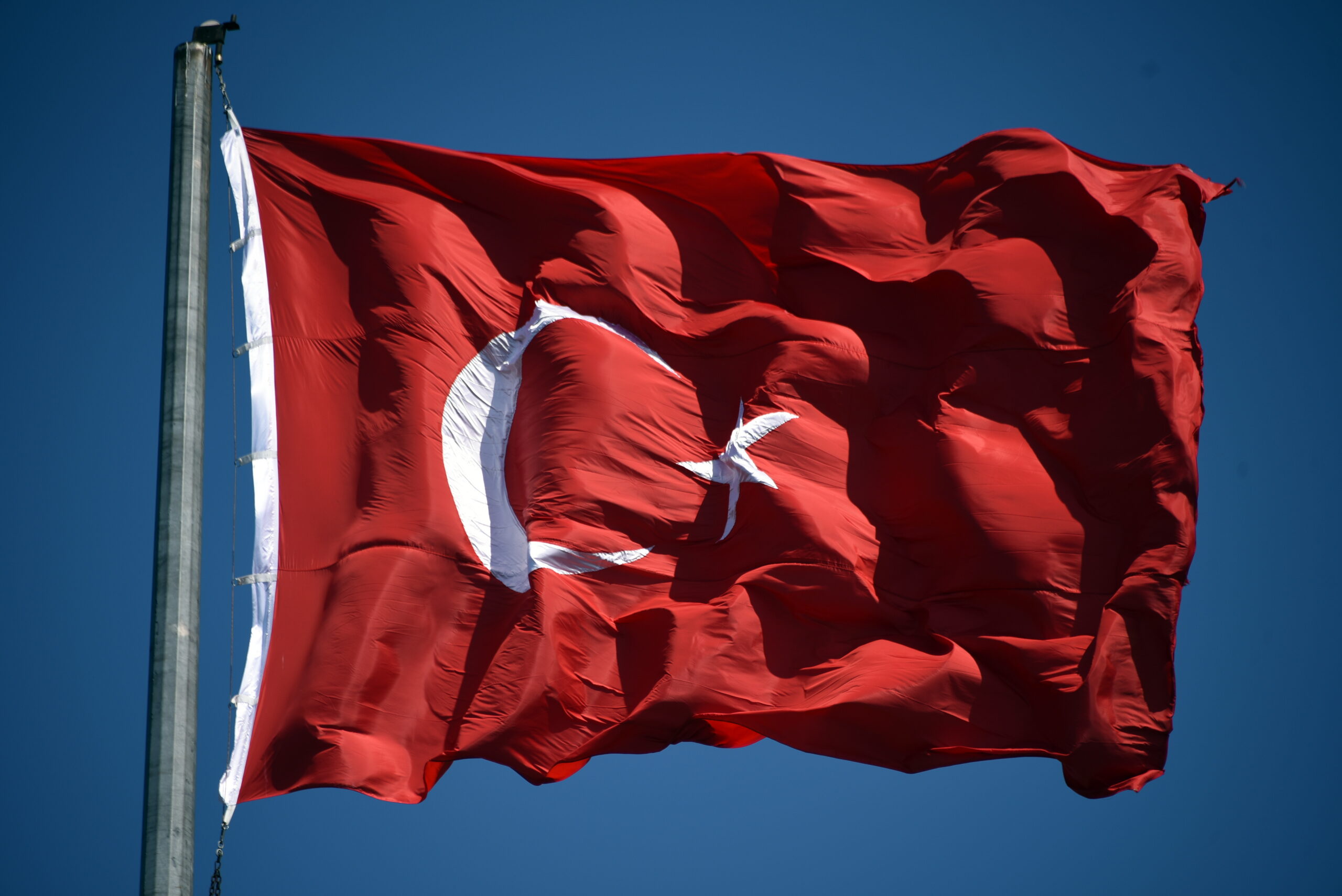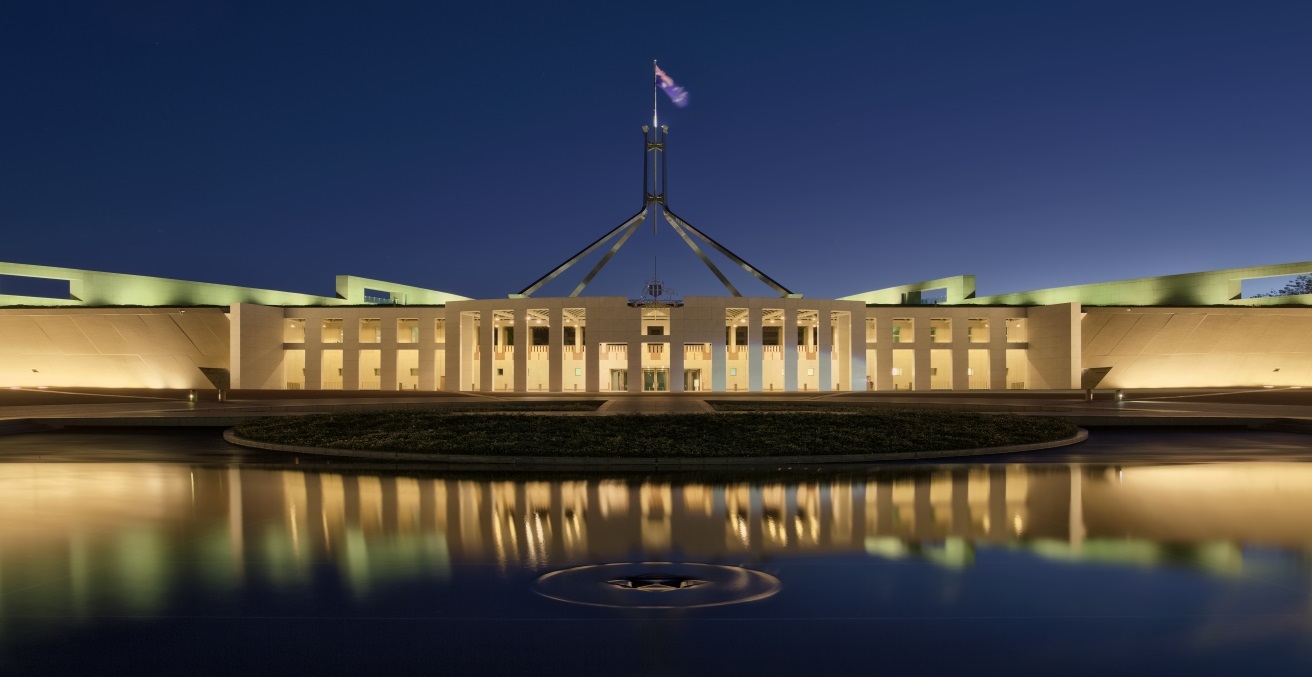France and its Paris Olympics, Donald Trump, and Yemeni mountain separatists were not the only or biggest winners in 2024. Emphatic victories and losses marked a year that will shape the international landscape for decades to come. Here are our assessments of some of the big winners.
Israel: Strategically, the Jewish State has finished the year in the strongest position yet, eclipsing even the victory of 1967 that left its Arab neighbours with smouldering militaries and internal confusion. Specifically, and tragically for the Palestinian people, Israel now has flexibility in Gaza and the also the West Bank. Palestinian resistance will continue, but it is not presenting an option of a national state. Israel alone will determine its strategic environment and have a veto over future developments.
After 18 years of Israeli angst about the capabilities of Hezbollah, a major political and security actor in Lebanon, Jerusalem’s recent stunning attacks against it leaves a politically disabled neighbour confused and pacified. Hezbollah’s military might has been shredded along with its immediate credibility, decimated by Israel’s ferocious, well-informed air campaign and intelligence-directed assassinations.
Israel beat Iran in the battle of long-distance strikes leaving Tehran questioning its own ability to defend its most prized military targets. Syria, meanwhile, has temporarily lost its status as a vector to threaten Israel and as a staging post for the Iran-Hezbollah alliance against it. Not only has this loose Shi’a alliance been defanged, but the Sunni Arab world no longer has skin in the anti-Israel game. The Arabs hope to wake in 2025 to a new-normal where they are not constantly embarrassed by their own meaningless platitudes of Arab solidarity and lack of action.
Houthis: The US military hates adversaries without juicy targets to destroy. Had the Houthis been a modern army or in charge of a country with meaningful infrastructure, the US and its enthusiastic gaggle of Western nations would surely delight in raining down destruction. But this poor but coherent and self-identifying tribal outfit in Yemen, hardened by decades of conflict and tough living remain undaunted in their quest to control Yemen, preserve their highlands, and garner foreign support to do it where it can. Through continued Iranian help the schismatic Shia Houthis continue to harass Israel and international shipping in the Red Sea. Nothing the world has mustered against them has yet stopped them.
US exceptionalism: Donald Trump’s political victory makes emphatic the trend evident under Joe Biden and his predecessors—the US sets the rules for the rest of the world and its institutions to follow. Sanctions, tariffs, and the rejection of decisions by UN institutions that do not align with US interests are now not only standard, but are about to be super-charged by a president prepared to unleash US economic power to achieve objectives popular in business circles and, accordingly, Washington DC. Political, economic, and security alliances and lesser agreements may be useful for the US but these understandings and practices will afford unpredictable protection for its partners in a world of America First (and only).
China: Every year that China avoids military conflict with the US is a win for the Middle Kingdom as it manufactures its way to global domination of key industries including steel, plastic, solar panels, wind turbines, and electric vehicles (EVs). All of this not only propels its military industrial base, making China a serial producer of advanced weapons and platforms. It also reduces by growth of coal and nuclear fired electricity production its dependence on imported energy, weakening the leverage of a maritime blockade of oil and gas to China that has long been the West’s main card against potential Chinese aggression.
BYD car manufacturer: Less than 30 years old as a company, and just over 20 years old as a car maker, China’s BYD has taken the mantle from Tesla as the world’s largest EV producer. But more importantly, it is setting new benchmarks for technology and statist price competitiveness for the global industry, with the prospect that its advantages may even accelerate. Scary for more market-based makers in Europe which are slashing EV production forecasts as their customers follow the money.
Türkiye: From out of the shadows of conflict in the Middle East, Türkiye has established a quasi-client state in Syria, where it now has greater freedom to protect its interests, including acting against the Kurds all along its border with northern Syria. It also played soft on Islamists in Syria, a cat’s paw for its economic and military predominance as a neighbour. Türkiye needs to negotiate its approach to the Kurds, themselves strongly aided by Washington. The fact that in doing so it strengthened Israel and weakened forces supporting the Palestinians, a cause Türkiye’s President Recep Tayyip Erdogan championed with fierce rhetoric, is either ironic or merely underscores the nature of national self-interest on display in 2024.
Paris: The Olympic games are a pantheon of remarkable achievements by elite athletes. Less expected was an opening ceremony that celebrated one of the world’s great cities, showcasing French national achievements and culture despite a spasm of apologia for some Woke artistic imaginings.
Indonesia: Once again, Indonesia has demonstrated its ability to hold credible democratic elections and manage a peaceful transfer of power. Winning may become a regular thing for Indonesia as its young and innovative population continues to propel it to greater economic and social success and regional influence.
Notable mentions
Saudi Arabia: has progressed its long-held nuclear ambitions, ostensibly for energy (in a country plagued with oil and sunshine) and may even enlist China to assist if the US wobbles on its contracts. Russia has not only improved its military and negotiating position in Ukraine, the ongoing war has dramatically increased its military industrial capacity and emboldened its leadership to pursue more hybrid and deniable acts of aggression such as sabotage and “accidental” cutting of its neighbours’ undersea communication cables. Elon Musk has increased his fortune from a relatively modest $200 billion to approximately $400 billion, as well as purchased/negotiated a front row seat to political power on both sides of the Atlantic throwing usual political calculus into review.
Not all of 2024’s winners should be congratulated, but it is likely that their wins will continue to have a significant effect in 2025 and beyond.
David Livingstone is a former Australian diplomat. Philip Eliason was a Senior Adviser Middle East North Africa and International Security to Australia’s former Foreign Minister Hon. Julie Bishop.
This article is published under a Creative Commons Licence and may be republished with attribution.




